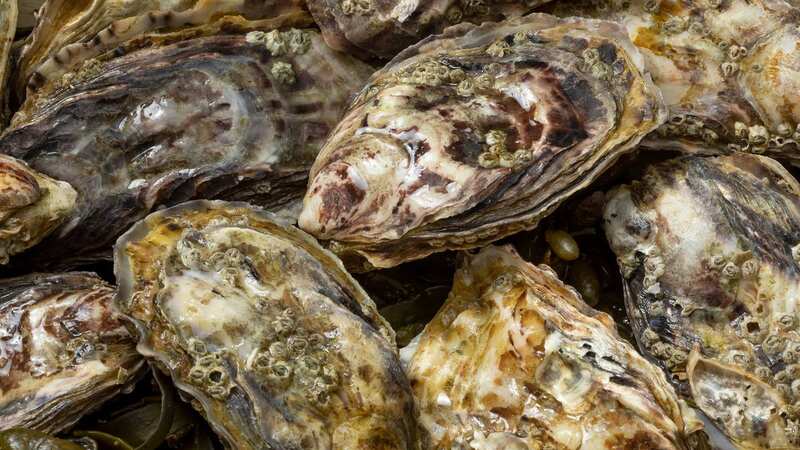Scientists claim mystery 'fountain of youth' could be found in water creatures

The key to humans living extremely long lives could be locked up in clams, mussels, oysters, and scallops, according to a recent scientific study.
Researchers said they have found genes in these water-based creatures that allows them to live from one year to more than 500 years, making them ideal subjects for investigating the secrets of longevity. In the study, published in Genome Biology and Evolution, scientists from the University of Bologna found this unlikely group of creatures had a network of genes that evolve differently in long-lived and short-lived members of their species.
They said that many of these genes are also linked to longevity in other animals, which could have an impact on extended longevity across a diverse range of animals. Most other studies on ageing and longevity have largely focused on humans and a few "model" animals.
However, studies on ageing have failed to focus on other long-lived organisms, and the researchers thought that they should study that group. Scientist Mariangela Iannello, said: “It always fascinated me that some bivalve species live extremely long lives. “When I realised that nobody had ever investigated this exceptional longevity within a molecular evolution framework, I knew that we had to start studying longevity in these animals.”
Previous studies had found that ageing is largely driven by the accumulation of cellular damage over time. Along with fellow scientist Giobbe Forni and others, Iannello investigated how the exceptionally long lifespans of four bivalves: Arctica islandica (ocean quahog), Margaritifera margaritifera (freshwater pearl mussel), Elliptio complanata (mussel) and Lampsilis siliquoidea (fatmucket) came about. The longest lived out of these is, the ocean quahogwhich holds the record at 507 years, while the others have maximum lifespans of 150–190 years.
 Furious chimp launches bottle at girl filming him leaving her bleeding at zoo
Furious chimp launches bottle at girl filming him leaving her bleeding at zoo
They found that genes related to the DNA damage response and regulation of cell death all showed convergent patterns of evolution across long-lived species. Proteins that had convergent evolution in long-lived bivalves (molluscs) had more interactions with each other than expected, which points to a biological connection.
Iannello added: "What I find the most exciting is that many genes in this network had been previously associated with longevity in other species. An important implication of this finding is that an extension of lifespan may involve common genetic factors in very distantly related species."
The study also identified proteins that cannot be confirmed as having a role in longevity. For example, three genes were identified which may be associated with longer lives in bivalves and Iannello said: "We believe that these genes are new and exciting candidates to be tested for a role in increasing lifespan, not only in bivalves but also in other species."
The scientists plan to expand their work to other species and Iannello said: "The results obtained in this work made us thrilled to explore longevity in more species. In particular, we would like to investigate if the evolutionary signals in genes with a potential role in longevity are somehow shared across long-lived species from different groups.
"A complex and multifactorial process such as longevity is definitely challenging to analyse, requiring deep manipulation of big data and multiple complementary, integrative approaches. On the other hand, the increasing availability of omics (gene) data will allow us to explore species that have never been considered in this context before, and that would greatly help advance ageing research.”
Read more similar news:
Comments:
comments powered by Disqus
































